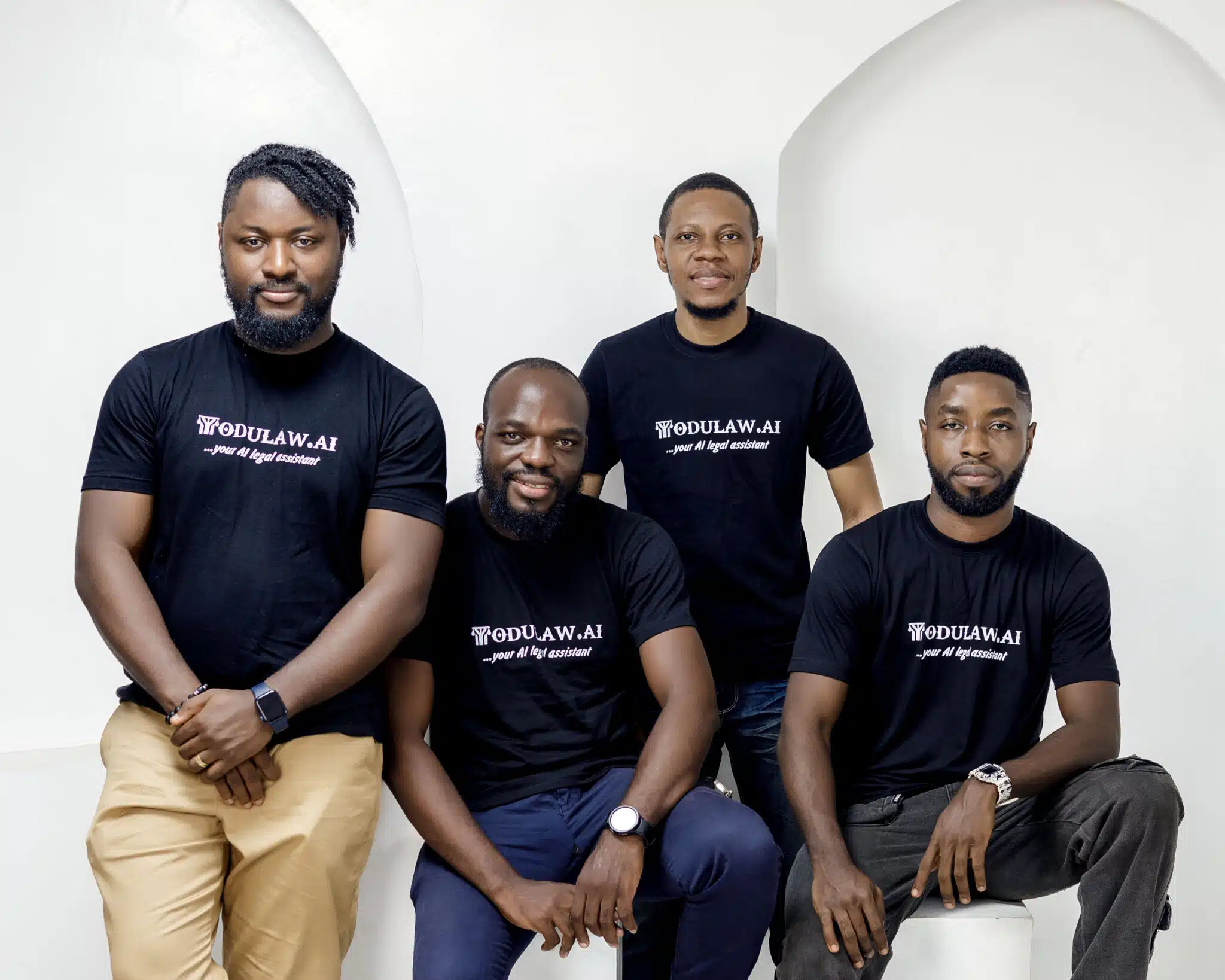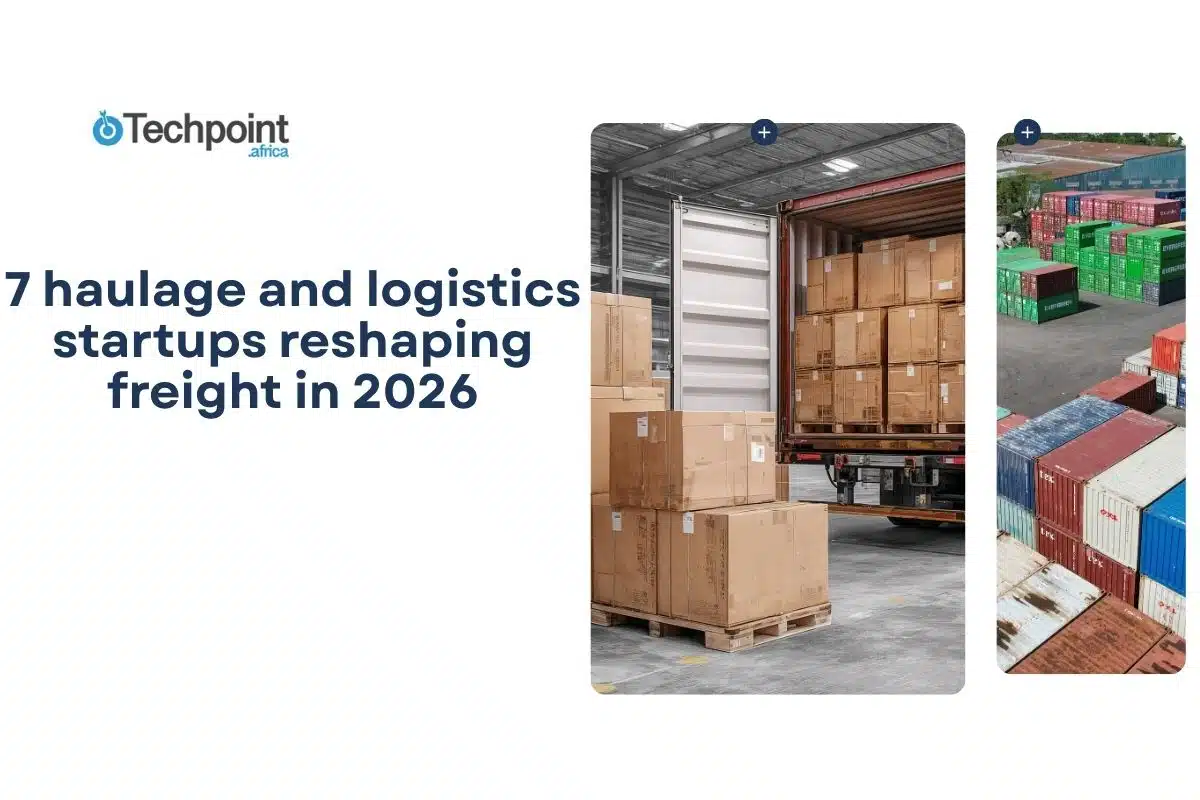Chowdeck has acquired Mira, a one-year-old restaurant point-of-sale and management system, in a move that underscores the startup’s push beyond last-mile logistics into the operational core of food businesses.
While the acquisition price was not disclosed, Chowdeck CEO Femi Aluko said the deal would help the company solve its challenges with inventory management.
“For a long time, we’ve focused more on the customer side than on the restaurant, supermarket, and pharmacy side,” Aluko told Techpoint Africa. “But as we begin to expand, we’re paying deeper attention to the vendor side.”
Launched in 2021, Chowdeck has quickly grown into a major player in Nigeria’s on-demand delivery space, boasting over a million users and more than 3,000 riders. Operating in eight Nigerian cities and now Ghana’s capital, Accra, the company claims it is on track to complete 1,000 deliveries in Accra within two months, a milestone that reportedly took a year to reach in Nigeria.
“We are thrilled to welcome Mira to the Chowdeck family,” Aluko said. “I’ve admired their work for a long time, and I’m excited about what we can build together.”
Founded by Ted Oladele, a former VP of Design at Flutterwave, Mira offers a full suite of tools for restaurants. Customers can scan a QR code to browse menus, place orders, and make payments. On the back end, Mira provides inventory tracking, sales monitoring, and customer engagement tools. It also sells hardware point-of-sale systems priced at ₦360,000. The startup says more than 500 businesses now use its platform.
Following the acquisition, Oladele will become Head of Product at Chowdeck, and select Mira employees will join the company to develop tools tailored for food and hospitality businesses. Mira raised $200,000 in a family and friends round and was reportedly raising a seed round before finding a new home in Chowdeck.
Beyond delivery
Chowdeck has built a reputation for speed and efficiency in Nigeria’s on-demand economy. But its success is increasingly threatened by international competitors like Glovo, the Spanish-founded delivery company active in several African markets.
In this context, the Mira acquisition appears less like a diversification play and more like a vertical integration strategy aimed at owning more of the stack in a fragmented market.

Victoria Fakiya – Senior Writer
Techpoint Digest
Make your startup impossible to overlook
Discover the proven system to pitch your startup to the media, and finally get noticed.
Until now, Chowdeck’s business-facing tools have been limited to order fulfilment and delivery logistics. Mira gives it the capability to move up the value chain, handling not just how food gets to customers but also how restaurants manage inventory, track sales, and even engage customers. The opportunity exists to become the go-to infrastructure provider for small and mid-sized food businesses in Africa.
But pulling this off won’t be easy. Switching costs in enterprise software are high. Vendease, which serves a similar market, has struggled to get food businesses to adopt new systems. Chowdeck, however, may have a critical advantage — distribution and trust. Restaurants already using its delivery platform may be more receptive to adopting its expanded suite of services.
Still, this acquisition marks a shift in DNA. Delivery is a consumer business; operations software is enterprise. Selling software to restaurants involves longer cycles, deeper integrations, and a level of ongoing support that few Nigerian startups have managed at scale. Chowdeck will need to grow its internal capabilities as it grows its ambitions.
The acquisition also invites a broader question. Chowdeck doesn’t only deliver food; it also handles groceries and pharmaceuticals. If it now sees itself as a tech partner to its vendors, how far will it go in reimagining the supply chains it powers?











